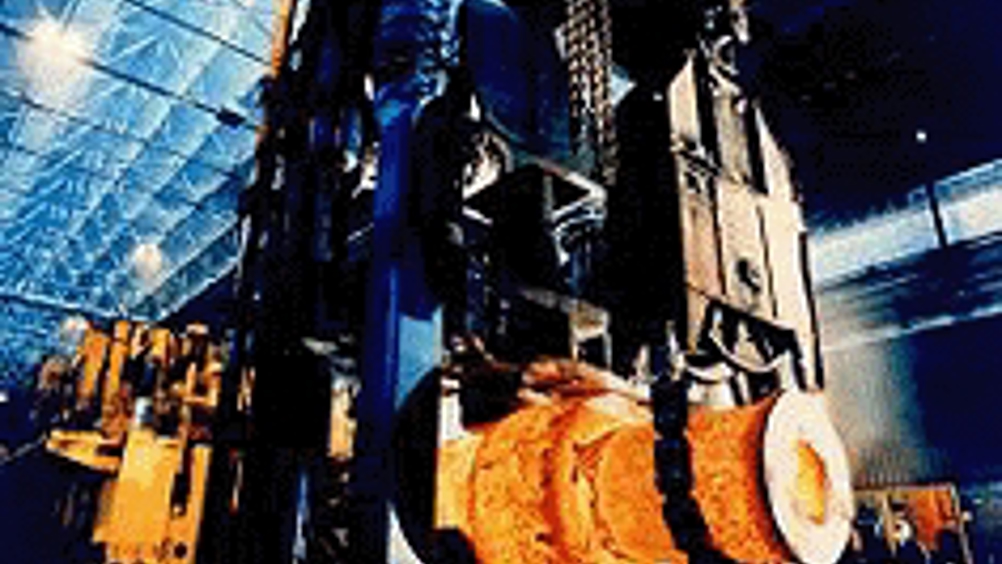Government funds nuclear forging press
Sheffield Forgemasters International (SFIL) has been awarded £140m to install the UK’s first 15,000 tonne forging press to make ultra-large nuclear components.

SFIL, which also supplies the UK defence industry, secured the final part of the funding package using an £80m government loan announced by business secretary Lord Mandelson at the Sheffield company’s site.
The government’s loan will act as an additional contribution to funding provided by key partners of SFIL, including nuclear power-plant manufacturer Westinghouse.
The funding agreement means that SFIL will join a group of five companies capable of producing the largest components for nuclear-power reactors.
The group claims the contract will also create hundreds more jobs at its Brightside Lane site.
Graham Honeyman, chief executive at SFIL, said: ‘The government loan forms the final piece of a two-year project to finance the installation of a 15,000 tonne forging press that will place the UK at the peak of a global supply chain for civil nuclear manufacturing.
‘There are other companies in the world looking to enter the market for these large-scale components, but none will be able to achieve production in the same timescales as SFIL, partly due to the lengthy time it takes to gain international accreditation to manufacture for the nuclear industry.’
Register now to continue reading
Thanks for visiting The Engineer. You’ve now reached your monthly limit of news stories. Register for free to unlock unlimited access to all of our news coverage, as well as premium content including opinion, in-depth features and special reports.
Benefits of registering
-
In-depth insights and coverage of key emerging trends
-
Unrestricted access to special reports throughout the year
-
Daily technology news delivered straight to your inbox









UK Enters ‘Golden Age of Nuclear’
The delay (nearly 8 years) in getting approval for the Rolls-Royce SMR is most worrying. Signifies a torpid and expensive system that is quite onerous...